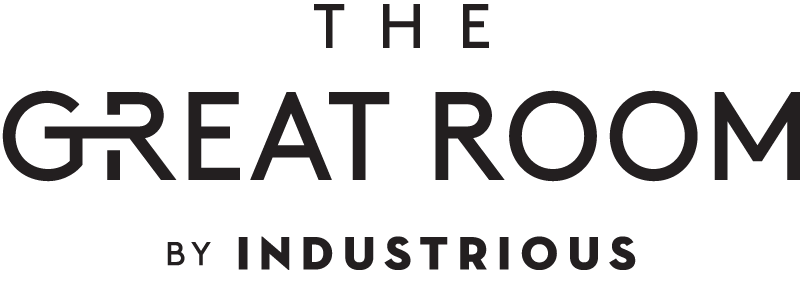Forget multi-tasking. Deep work is the key to boosting productivity and performance. Here’s how to do it.
Last year, a McKinsey Global Institute survey, “The social economy: Unlocking value and productivity through social technologies”, found that most professionals spent an average of 28% of their work-week reading and answering emails. Your inbox is probably just one of the many distractions you now face throughout the working day, and it’s likely keeping you in a superficial state where you don’t really accomplish anything of significance. The antidote? Deep work.
What is Deep Work?
Deep work – a term coined by author Cal Newport, who wrote Deep Work: Rules for Focused Success in a Distracted World – refers to the process of undertaking cognitively demanding professional activities that require you to block out anything that could distract you; whether that’s the tap on the shoulder from a colleague, the overflowing inbox, your admin tasks or your friends’ social media posts. Instead, deep work is about setting aside a decent nugget of time in which to focus on one task, and one task only.
Some of the world’s most successful people make time for deep work, from Carl Jung and Bill Gates to authors J.K. Rowling and Neal Stephenson. At The Great Room, which provides hospitality-led premium co-working spaces in Hong Kong, Singapore and Bangkok, Cofounder and CEO Jaelle Ang carves out space each week for deep work.
“Deep work requires large chunks of time without external conversations or split periods,” she says. “Usually, I’m able to do deep work after the kids go to bed – from 8.30 – 10.30 pm; I call it my second shift, or larger, four-hour chunks on Sunday afternoons when I need to review designs, review feasibilities, write strategy, op-eds… In the typical weekday at work, there aren’t many opportunities for deep work chunks, as my time is filled with meetings, emails and calls.”
Here are some quick tips on how to get into that focused work headspace in order to maximise productivity and performance, so you can block out distractions and finally achieve that big dream.
The Four Rules of Deep Work
Newport breaks it down into four essential rules:

1. Work deeply.
Put “smart routines and rituals” in place that will help minimise procrastination and distraction. While he says there’s no one formula fits all, he suggests ritualising your work location – pick somewhere quiet where you won’t be disturbed; at HK shared office space The Great Room, the dedicated offices and Workhall for its hot desk members were designed with concentrated, serious work sessions in mind.
In addition, ritualise how long you’ll work for and how you’ll work – get structures in place, like cutting email and internet access, predetermining a number of pages read or words written – and what you’ll do to support that work. That could be working with your coffee or tea of choice at hand, playing music designed to get your brain accessing gamma and beta frequencies… etc.
For co-working space provider The Great Room’s CEO, Ang, music works best when she’s doing right-brain work. “Like writing or designing,” she says. “I need stillness when I do left-brain work, like structuring and reviewing spreadsheets.”
2. Embrace boredom.
Deep work is like training for a sporting event: it requires effort and practice to get to peak performance. Part of that effort involves accepting that you’ll naturally get bored while you’re trying to work on your project of choice; instead of giving in to distraction and checking email or hunting down a snack, lean into the boredom. You can get past it (the only way is through!).
3. Quit social media.
It’s the opposite of deep work, offering very little ROI.
4. Drain the shallows.
Minimise the amount of time you spend on low-value tasks like email, phone calls and meetings.
Other Insights
Here are some quick, final tips to get you in the deep work zone:
- Say yes to a project/subject that evokes a “terrifying longing” in you, rather than saying no to other distractions. You’re more likely to engage with your task if you’re excited or inspired by it. Say yes to it, and watch as it drowns out all the noise.
- Be prepared for attention residue. If you need to get into deep mode for more than one project, be aware that part of your focus will lag behind as you switch between your tasks. The trick? It goes back to Rule #1 of deep work: work deeply. The longer you spend on each task, the more you optimise your productivity.
- Consider investing in a website and application blocker like Focus or Freedom to help you combat distractions.
- Systematise idleness. Make guilt-free downtime a part of every day: this will help your brain recharge and gear up for the next deep work session, and it will also help you unravel problems, too. Newport recommends ritualising shut-down, bringing downtime in at a set time at the end of every workday.
